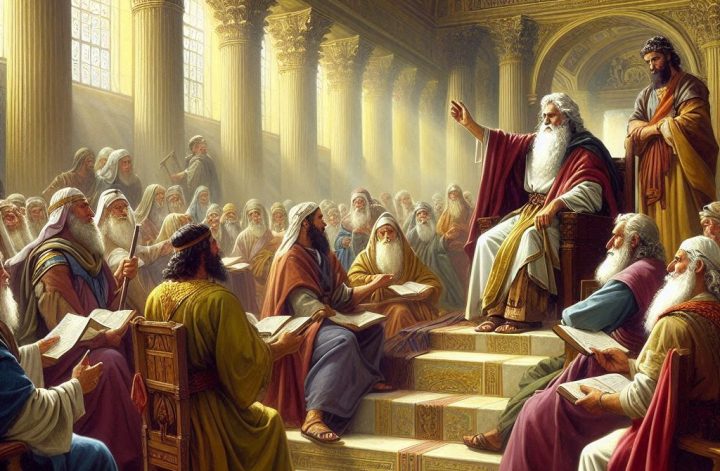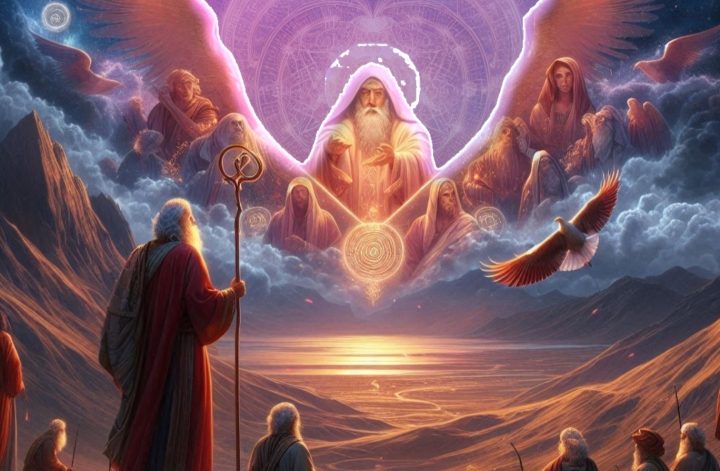One of the clear, overarching lessons in the Bible is that there are no true heroes among humans. The best of humanity is merely human at best. Yet, the Bible demonstrates that some individuals can display admirable qualities, even in a fallen state. Alongside these examples, we also encounter characters who are hopelessly self-absorbed. Later writers tend to praise earlier Scriptural figures but often do so selectively, focusing on specific attributes while neglecting the fullness of their characters. These figures become literary constructs where certain aspects of their lives are highlighted, but the reader must remember the whole story and context.
My examination of the Aqedah would be incomplete without delving into the Hall of Faith in Hebrews 11. This chapter underscores individuals who exemplified faith in God’s promises, contributing to the unfolding of God’s plans for humanity. These figures should not be elevated to the status of ideal humans to model our lives after in every respect; nevertheless, they serve as examples of faithfulness to God’s promises. Let’s first consider some straightforward examples:




